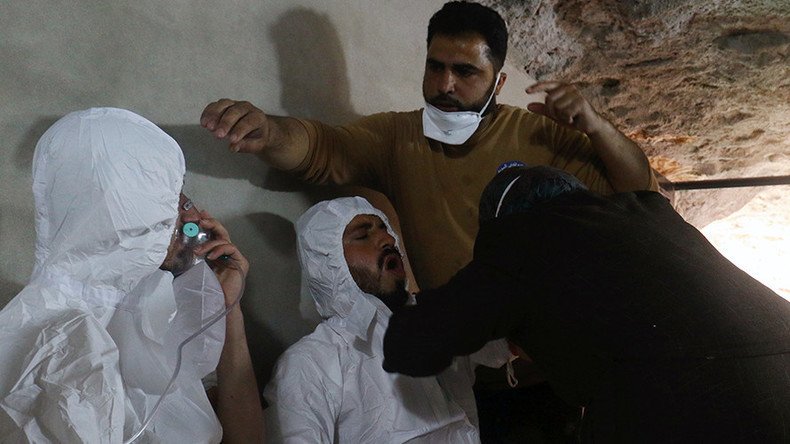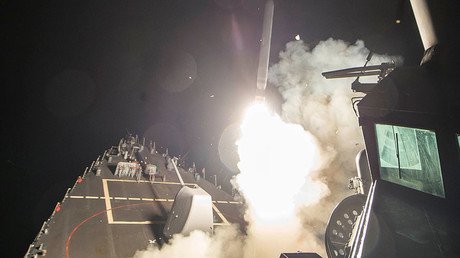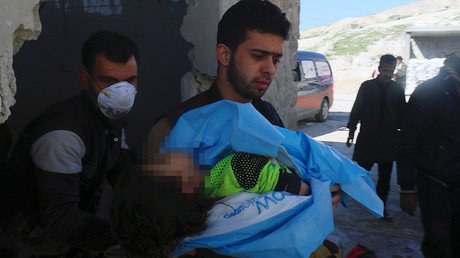Chemical incident in Khan Shaykhun: Why is the West not interested in the truth?

There are speculations about the chemical incident in Khan Shaykhun on April 4 reignited by the recent report by the OPCW Fact-Finding Mission in Syria (FFMS).
On the surface, this report looks somewhat respectable, has been welcomed by some countries as a “highly professional” piece of work, and even hailed to have provided incontestable evidence of Damascus’ guilt for the “chemical attack.”
Russia’s assessments of this document are much more reserved. Its quality leaves much to be desired and let me explain why we think so.
First of all, it did not honor the basic chain-of-custody principle. FFMS’ experts failed to obtain on-site biomedical and environmental samples, as is required by standard procedure. The samples were obtained in another country and from other people. Will it stand scrutiny in a court of law, or is it a kangaroo court we’ve got to put up with?
Secondly, the report contains no information on how exactly sarin was used. It merely notes that members of the OPCW Fact-Finding Mission were unable to reach any definite conclusions on this matter. This being a key aspect in establishing the truth.
Thirdly, the results of the investigation would be much more complete if OPCW experts actually visited the Shayrat Air Base where the sarin, used in Khan Shaykhun, was allegedly stored. It is not only us who insisted on this, but also the Government of Syria which pledged to guarantee complete safety. Unfortunately, OPCW representatives wouldn’t make the trip under a pretext that doesn’t hold water.
Against this backdrop, Washington’s claims that the Syrians were allegedly once again planning to use the Shayrat Air Base for a chemical attack look odd, to say the least. If our US partners are really certain about this, then they should jump at the chance to visit this facility to obtain the evidence they seek. But they continue to emphatically refuse to do this.
From the very beginning, Russia considered it necessary to pay serious attention to the probability that the incident was staged. But the OPCW FFM report completely overlooks this aspect.
At the same time, available photo and video materials deserve to be studied, not ignored. And it’s not just Russia, who has doubts. Independent experts, including those from US, are pointing at multiple conflicting data.
Massachusetts Institute of Technology Professor Theodore A. Postol has conducted the appropriate technical analysis, refuting the free-fall bomb theory.
On June 29, 2017, Scott Ritter, an outstanding US expert on disarmament and chemical weapons, published a detailed article on this topic in The American Conservative.
We believe that a more thorough investigation should immediately be launched to establish the truth. In particular, it’s necessary to focus on learning how this poisonous gas was delivered to the site of the incident. The international community deserves better than being duped by terrorists, whose invasion of Syria five years ago started the tragedy in the country.
The statements, views and opinions expressed in this column are solely those of the author and do not necessarily represent those of RT.















